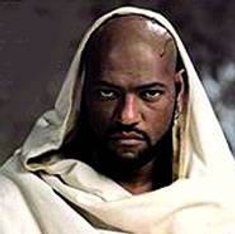“Determinism governs everything … The writer must study the inherited traits of individual character and the social condition of the time. Together, these elements determine the course of any action, the outcome of any life. Free will or self-determination is mostly an illusion, although chance is granted a role in human affairs. Still, even the effects of chance are obliterated in the inevitable course determined by the interaction of inherited character traits and the social environment.“
This quote applies to the main characters in Crane’s “The Blue Hotel” and London’s “To Build a Fire” because each character was determined by their beliefs. In Crane’s “The Blue Hotel” Swede lived in New York most of his life. When he came to the town of Fort Romper, Nebraska, his character was portrayed with frantic paranoia because of his belief of the dangers that the “Wild West” possesses. Therefore, Swede would exhibit strange behavior despite the efforts of those who would give him comfort. Swede’s mind decides that he will be murdered before the night is over, so even Scully, the hospitable hotel owner, is unable to calm the Swede’s fears. Due to the Swede’s action, it was determined earlier in the movie that the other guests would not enjoy his company and would try to kick him out of the hotel. It was not until the Swede began to drink whiskey and act belligerent that made him the only danger in the “Wild West.” Swede’s fears of murder and violence only came true after he decides to pick a fight with a hotel inspector, and the hotel inspector stabs the drunk for trying to abusing him. The Swede was safe from his environment by staying inside the hotel, instead of living in the blizzard; but in the end, it would be his behavior that would cause his death.
The man facing a blizzard in “To Build a Fire” was portrayed to have a clear outlook on life. In this realistic story, the man was trying to get back to his camp alive before sunset while facing a blizzard. He was smart in trying to stay positive and sober while facing his challenge. However, like the Swede, he died due to his behavior in the snow. His belief of survival in below 50 degree weather was denied when he realized that he could not feel his fingers or toes. It was ironic to hear that a man dressed for a snow storm would die because he was not actually prepared for what he was going up against. Just like the Swede, he was facing the consequences of his actions and would realize his mistake too late to be able to save himself.






